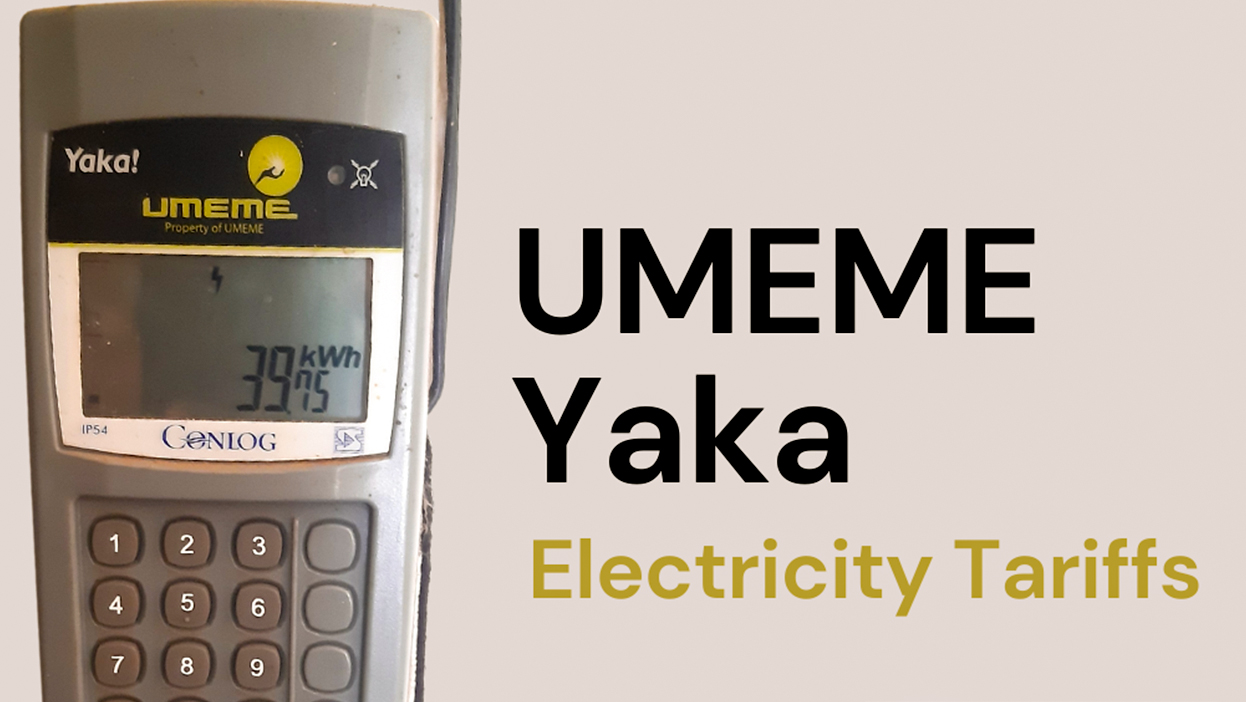The Ministry of Energy and Mineral Development has revealed that effective 24th November 2024, all prepayment meters locally known as YAKA meters will stop dispensing electricity.
The Minister for Energy and Mineral Development Ruth Nankabirwa says this is a result of a shift in technology.
She however says they are set to migrate all YAKA users to the new token identification system known as TID rollover
On 22nd May 2020, the Standard Transfer Specification Association STS association, the manufacturers of prepaid meters issued a critical notice affecting all STS prepayment meter users including electricity utility suppliers.
The notice indicated that by 24 November this year, all prepayment meters based on STS technology will stop dispensing electricity.
To prevent this from happening the ministry is set to migrate all Yaka meter users onto the new token identification system by October 2024.
Minister Ruth Nankabirwa calls for calm in the public noting that electricity consumers shall be supported by the distribution utilities to do this exercise.
“We have set for ourselves a target to have all Uganda’s electricity consumers’ YAKA prepaid meters, migrate into the new token identification system known as the TID Rollover by October 2024 to be able to continue purchasing electricity seamlessly, don’t worry just stay pu the distributors will make sure that there is no disturbance” Said Nankabirwa
In the same vein, the Ministry of Energy has also announced a reduced annual tariff base and the tariffs for the 1st quarter from January to March 2024.
Announcing the approved tariffs, the Electricity Regulatory Authority board chairperson, Dr. Sarah Kanaabi said the determination of these tariffs was based on several assumptions.
She says one of them is the assumption that the Karuma hydropower plant would be commissioned this year and that the ongoing preparatory activities will ensure a smooth transition of the distribution network to the new operator at the end of the meme concession in March 2025 among others.
Dr. Kanaabi explains that for domestic consumers, the cost of the first 15 units will remain at shs250 per unit, while for units above the lifeline from 16-80, there has been a 1% reduction, now costing shs797.
“For commercial consumers, we have reduced the tariffs from 611 shillings and eight cents to 600 shillings and six cents per unit, representing a 1.8% decline. For the medium industrial consumers, we have reduced the tariff from 461 shillings and eight cents to 448 shillings and seven cents, representing a 2.8% reduction,” Dr Kanaabi said.
Dr. Kanaabi adds that tariffs for large and extra-large industrial consumers have also been reduced except for street lights which remain at shs370 per unit.
In December 2022, the government launched the hybrid customer connection financing framework under which the government reduced the cost of no-pole new customer connections from20, 883 to 470,000 through a subsidy of 250,000 for each no-pole connection




